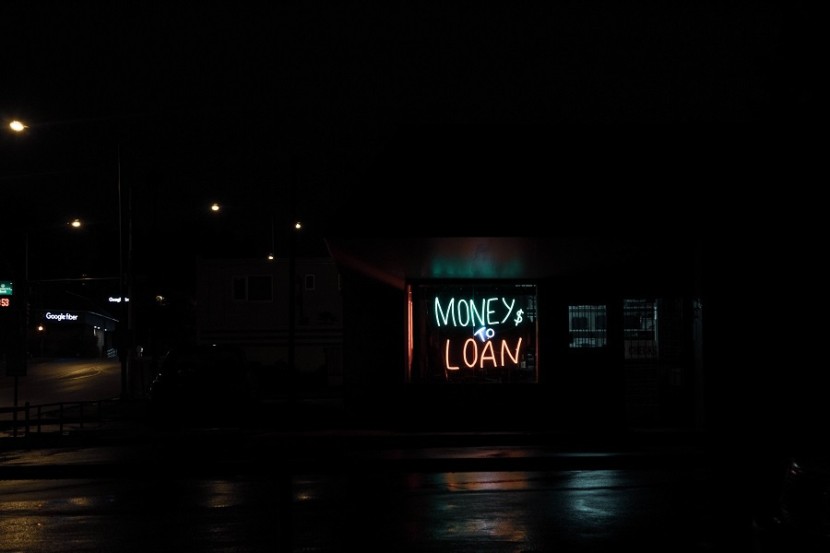
Kabbage, an online lending company, sent 378 Paycheck Protection Program (PPP) loans totaling $7 million to fake companies, mostly farms. The Ocean County, New Jersey shoreline villages lined with vacation homes and ice cream parlors are a summertime getaway for crowds of city dwellers.
Online lending firm sends PPP Loans amounting to $7 million to bogus farms
Ritter Wheat Club" and "Deely Nuts," respectively a wheat farm and a tree nut farm, each received $20,833, the total amount eligible for sole proprietorships when the first round of the federal government's small business relief scheme came to an end last summer. Up the coast in Brielle, "Tomato Cramber" received $12,739, while "Seaweed Bleiman" in Manahawkin received $19,957.
Per ProPublica, it contacted the owners of the homes where they are allegedly located and expressed concern that none of these companies exist in New Jersey's business records. "Beefy King," a cattle ranch, was registered to the home address of Joe Mancini, the mayor of Long Beach Township, as per the PPP records. Mancini said he did not have any cows at his house and only had three dogs.
Kabbage, an online lending website, handled almost 300,000 PPP loans until the first round of funds ran out in August 2020, second only to Bank of America. ProPublica discovered 378 small loans totaling $7 million to fake businesses, all set up as one-person operations and secured loans close to the maximum amount available to such micro-businesses. Except in the most unusual locations, such as potato fields in Palm Beach and orange groves in Minnesota, the vast majority of them are classified as farms.
The Kabbage trend is just one part of a more significant fraud issue that had plagued the Paycheck Protection Program since its inception in March 2020 as a means of keeping small businesses alive when they were forced to close. According to government watchdogs, the federal Small Business Administration's (SBA) initiative, which prioritized efficiency, initially ignored even the most necessary protections to deter opportunists from sending false identification.
Read Also: IRS Begins Sending $10,200 Unemployment Tax Refunds. Will You Be One of Those Who Will Get It?
Rampant farm fraud plagues PPP loans
Farrah Saint-Surin, a spokesperson for the SBA inspector general, said her office was working on hundreds of cases but that she didn't "have any data to reveal or accessible for media reports at this time." According to Reuters, federal authorities are looking at whether Kabbage and other fintech lenders miscalculated PPP loan sums, and the DOJ has refused to confirm or refute the existence of any probe to ProPublica.
The Department of Justice has implicated Kabbage in at least two cases of fraudulent PPP applications, including one involving two $1.8 million loans to companies that submitted forged details. And another involving a company that exaggerated its payroll figures and submitted a related application to US Bank alerted authorities.
In August, South Carolina accounting firm Ratliff CPA filed a lawsuit against Kabbage, alleging that the company failed to pay agents at the firm who assisted in processing PPP loan applications, Fox Business reported. Lenders handling PPP loans would be charged a 5 percent fee on loans of $350,000 or less, a 3 percent fee on loans of more than $350,000 but less than $2 million, and a 1 percent fee on loans of more than $2 million, though they were barred from receiving payments directly from PPP applicants, per the SBA.
@YouTube
© 2026 HNGN, All rights reserved. Do not reproduce without permission.








